|
Getting started with Get There Oregon is simple and free. Discover the benefits of transportation options, access webinars, toolkits, and other resources to kickstart a commute benefit program for your employees. Contact WTA if you have any questions or would like additional support. We're here to help!
The Transportation Options Group of Oregon (TOGO) and the Washington State Ridesharing Organization (WSRO) are excited to announce an upcoming webinar on Thursday, June 13 at 1:00 p.m. on Zoom.
This special webinar entitled “Employer Commute Programs for Every Budget” will feature Employee Transportation Coordinators (ETCs) from both Oregon and Washington who implement top-notch employer commute programs. The speakers will give a brief presentation and be available for questions and a round table discussion with attendees. Date: June 13, 2024 Time: 1:00 to 2:00 pm Location: Zoom Speakers:
The Active Transportation Challenge is here! This is a friendly competition for people that live or work in Washington County and employees of WTA member organizations. Walk, bicycle, scooter, and skateboard trips all count! Starting today, walk or roll to work, to the store, or for fun and log your trips on GetThereOregon.org to participate.
On April 8, we hosted a virtual workshop where we discussed the Challenge, this year's prizes, and the coveted WTA League trophy! Watch the recording here. If you have an account on GetThereOregon.org and a home or work address in Washington County, or are part of a WTA member organization network, you are automatically entered into the Challenge. If you don’t have an account yet, create one for free to join. Join or form a team with your coworkers or friends! Joining a team is optional, but the Challenge is a great way to reconnect with coworkers that are working remotely or that you don’t see as often because of hybrid schedules. It takes four people to make an official team. Teams from WTA member organizations compete for the WTA League Championship Trophy. Learn more about the Challenge and prizes here, and see leaderboards and join/form a team here! Join WTA and a community of advocates, organizers, professionals, and decision-makers at OATS 2024 – Move Oregon Forward – June 5-7 in Portland. Together we will problem solve, learn, and grow in the shared belief that a better future is possible. Learn more at OregonTransportationSummit.org.
Get 30% off with code CPWTA Transit-Oriented Development (TOD) embodies a holistic approach to community development, prioritizing sustainability and livability. By clustering diverse amenities like shops, residences, and workplaces around efficient transit hubs like the MAX Light Rail, it fosters walkable neighborhoods. This model integrates regional planning, urban revitalization, and suburban renewal to create vibrant, interconnected communities.
The area surrounding the Beaverton Central MAX Station stands out as an exemplary case of mixed-use development strategically positioned near transit infrastructure. This dynamic hub encompasses a diverse array of components, including office complexes, residential accommodations, as well as a variety of dining establishments and coffee houses. Encouraging mixed-use developments where residents can live, work, and engage in recreational activities without relying on cars effectively reduces carbon emissions. Emphasizing transit stops as central points in urban planning not only mitigates traffic congestion but also cultivates a more dynamic and sustainable lifestyle for communities as we strive towards supporting environmentally-conscious growth. Resources: Transit Oriented Development Institute TriMet The month of May has been designated by The League of American Bicyclists as National Bike Month. Now is a great time to encourage your teams to gear up and try biking to work!
Bike Tips: The beauty of spring in Oregon provides an especially great time to give commuting by bike a try! If you’re new to bike commuting or feel a bit rusty, there are many ways to prepare to make sure you feel confident as you hit the road. Get There Oregon has resources on their site, such as bike maps by region, to make sure your biking experience is a breeze. If you want to practice riding your bike, check out your local biking clubs for events like community group rides for first-time bikers, or get a friend or co-worker to join you on your next ride! You can also try biking for one trip a week and incorporating new destinations as you get comfortable. Last year, Get There and The Street Trust hosted a webinar on Beginner Bike Skills to cover everything you need to know about biking laws, route planning, gear, and basic maintenance. Check it out here! Get ideas on how to engage with employees and download free promotional materials from The League of American Bicyclists. Additional resources can be found on our site as well. Happy biking! Apply to Serve on the Transportation System Plan (TSP) Update’s Community Advisory Committee!
The City is updating its Transportation System Plan (TSP), Beaverton’s 20-year plan for transportation investments. The Community Advisory Committee will provide advice and input into the plan. Who should apply? The City of Beaverton is looking for volunteers with experience in the following areas:
What is the commitment? 2 years, beginning in Summer of 2024 and going through 2026. The CAC will meet 7 times. Meetings will be 2-hours and held online on weekday evenings. Exact times/dates will be determined once the group is formed. How does this differ from the project’s Transportation Ambassadors? The CAC is providing advice and input into the plan based on the collective experience volunteers have in the areas listed above. Transportation Ambassadors will be helping develop the project’s engagement plan and leading engagement activities directly in the community. What accommodations are available? Stipends, language, and accessibility supports are available for participants. Meetings will be held online. Applications Due: May 12, 2024 Learn more and apply at www.BeavertonOregon.gov/GoBeaverton Questions? Contact the project team at [email protected] Why Commutes Matter
Costly Commutes: Today, US workers on average spend about 19% of their annual income on commuting. Longer Commutes: On average commuters added 20 minutes per week to their commutes compared to a decade ago. Bad Commutes: An estimated 23% of workers have quit jobs over commute pain, while upwards of 60% of job seekers don’t apply due to perceived bad commutes. Employer-Led Commute Programs Offer Solutions: Improving commutes addresses business needs. A key finding in Get There Oregon’s 2023 employer listening sessions was that employers see equipping employees to use commute options as a useful strategy for addressing top organizational priorities and serving business needs. To learn more about how commute solutions serve business needs, click here. Get There Oregon offers free resources including tips and insights on how to improve commuting for your employees. This May, participate in our Active Transportation Challenge! This is a friendly competition for people that live or work in Washington County and employees of WTA member organizations. Walk, bicycle, scooter, and skateboard trips all count! Walk or roll to work, to the store, or for fun and log your trips on GetThereOregon.org during the month of May.
Join us for a virtual WTA workshop on April 8 at 3pm, where you'll learn about the challenge, this year's prizes, and the coveted WTA League trophy! Please RSVP to secure your spot in this workshop. If you have an account on GetThereOregon.org and a home or work address in Washington County, or are part of a WTA member organization network, you are automatically entered into the Challenge. If you don’t have an account yet, create one for free to join. Join or form a team with your coworkers or friends! Joining a team is optional, but the Challenge is a great way to reconnect with coworkers that are working remotely or that you don’t see as often because of hybrid schedules. It takes four people to make an official team. Teams from WTA member organizations compete for the WTA League Championship Trophy. Learn more about the Challenge and prizes here, and see leaderboards and join/form a team here! Westside Transportation Alliance is proud to support the 2024 Oregon Active Transportation Summit – Move Oregon Forward! The event will ground our community of advocates, organizers, professionals, and decision-makers in the shared belief that a better future is possible.
Join us June 5-7, 2024 at the Leftbank Annex in Portland, Oregon. For 30% off tickets, register here. To find out more about the event and to register using code CPWTA, click here. |
Categories |
FOLLOW US |
QUICK LINKS |
|
Made possible with support from Metro and the Federal Transit Administration
Westside Transportation Alliance 12725 SW Millikan Way, Suite 300 Beaverton, OR 97005 (503) 489-8520 | [email protected] |



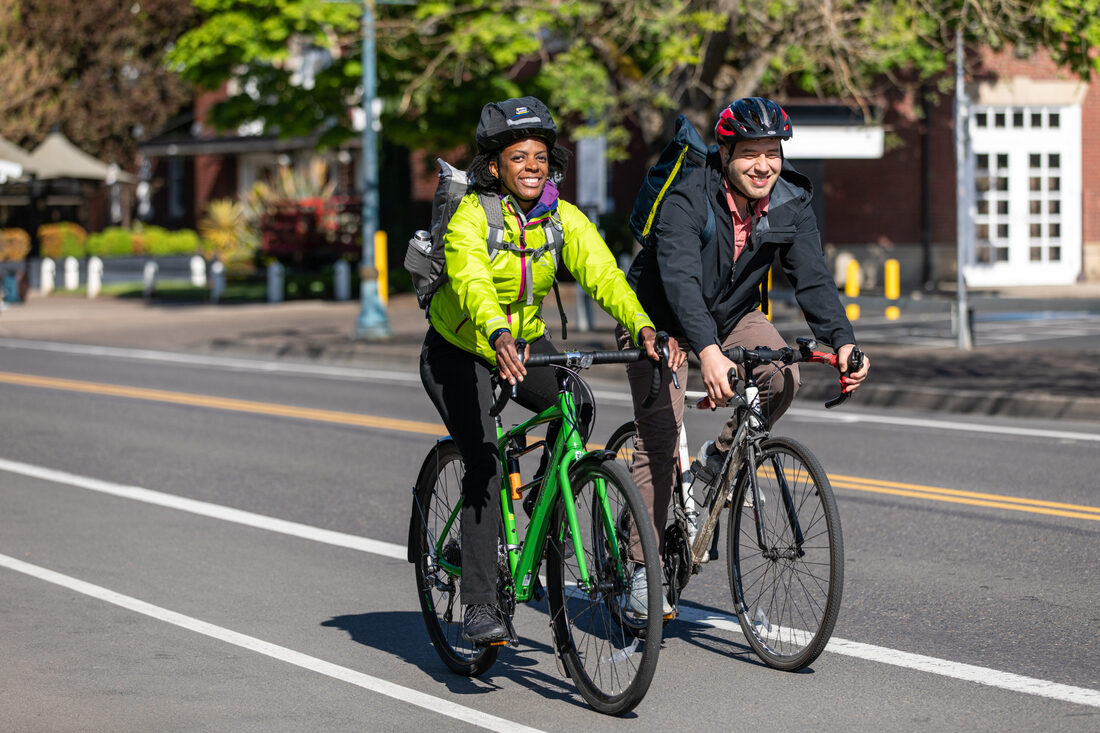
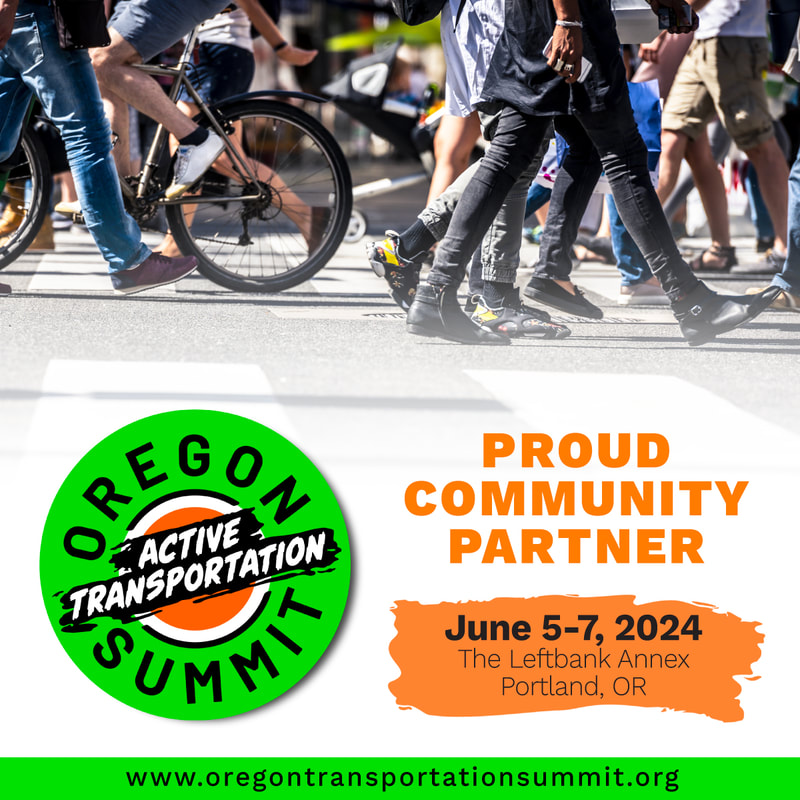
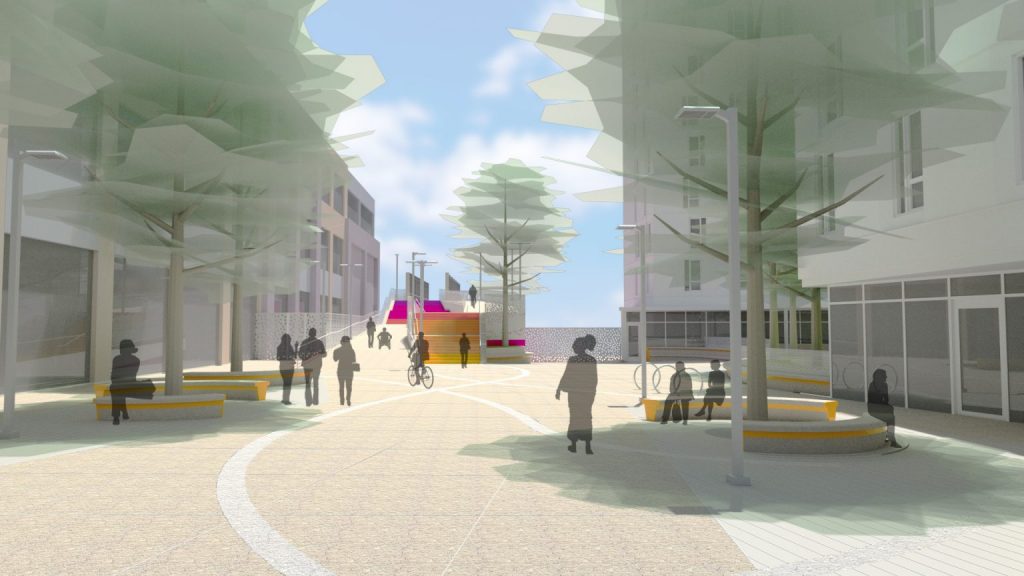
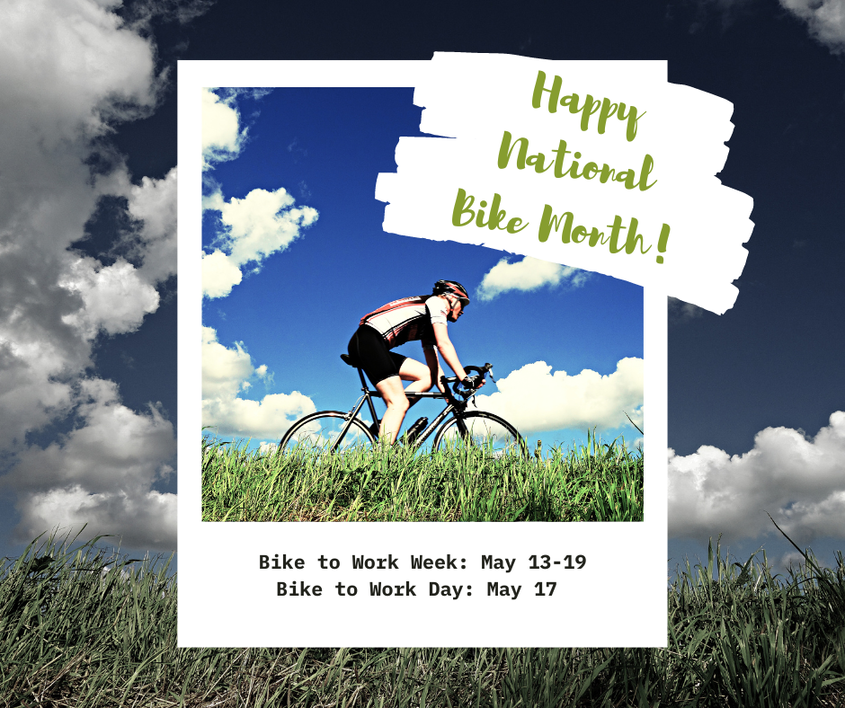

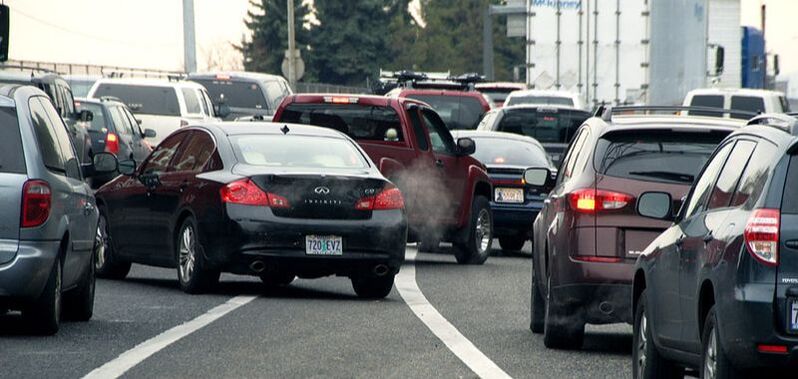
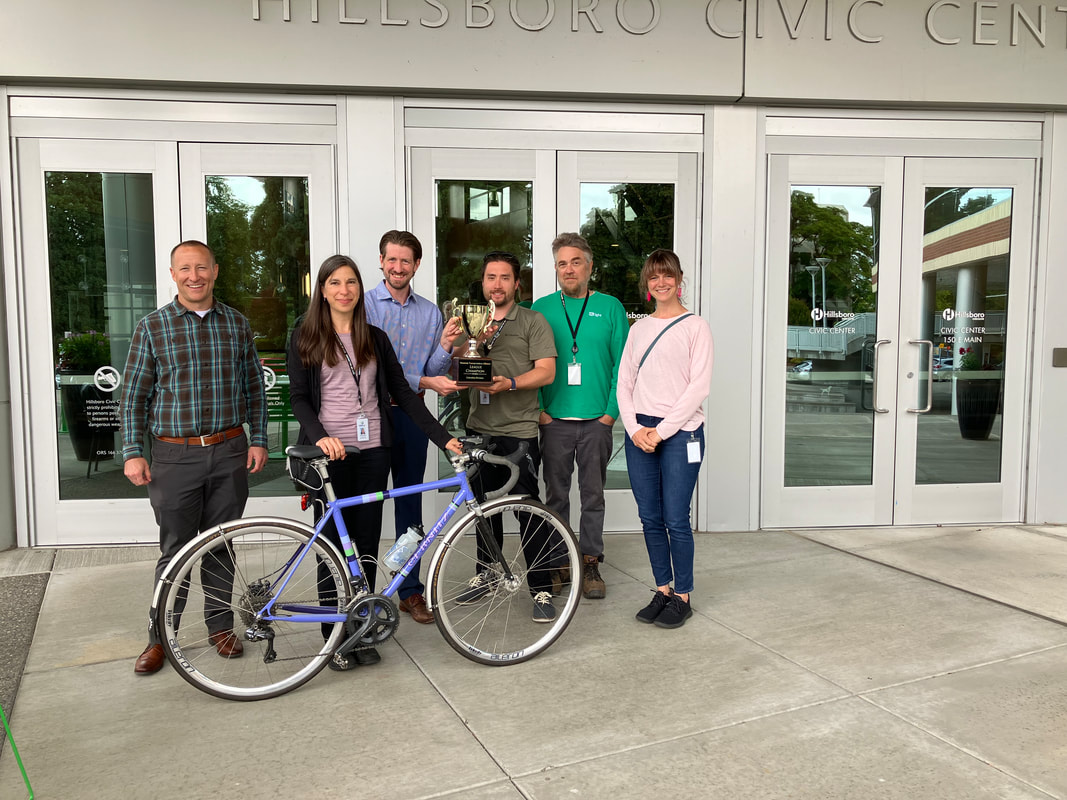
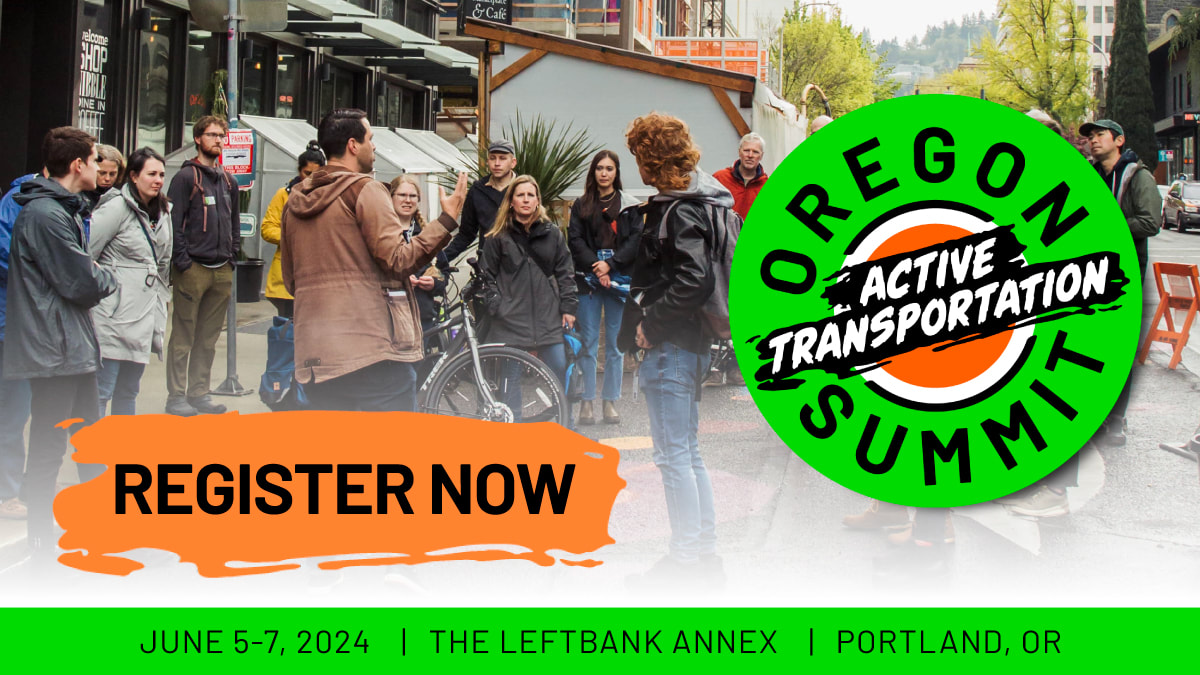
 RSS Feed
RSS Feed









